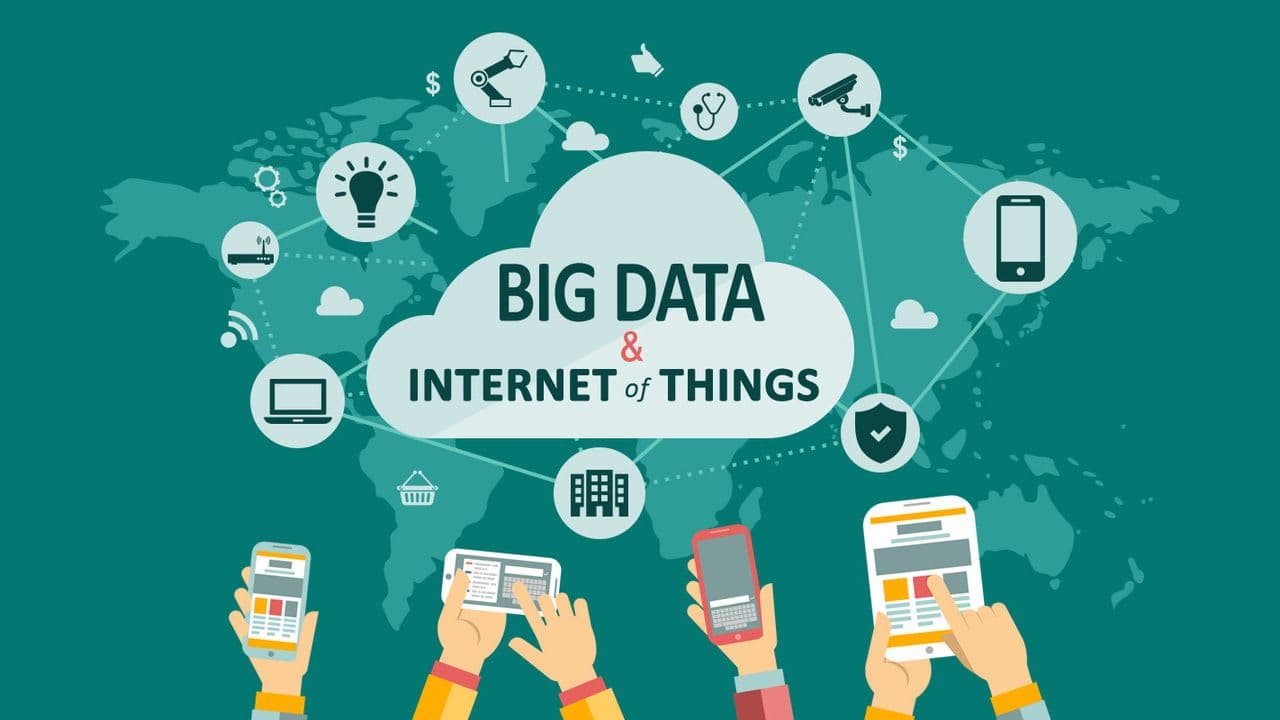How is IoT Related to Big Data Analytics?
Big Data Quotes of the Week
“This is the first time the world has seen this scale and quality of data about human communication… For the first time, we have a microscope that not only lets us examine social behavior at a very fine level that we’ve never been able to see before but allows us to run experiments that millions of users are exposed to…. It’s hard to predict where we’ll go, because we’re at the very early stages of this science. The number of potential things that we could ask of Facebook’s data is enormous.”– Cameron Marlow, Facebook
“Without Big Data, you are blind and deaf and in the middle of a freeway”– Geoffrey Moore
“Every company has big data in its future and every company will eventually be in the data business”—Thomas H. Davenport http://theraconteur.co.uk/whats-so-big-about-big-data/
[The Capgemini report, conducted by the Economist Intelligence Unit, said that on average where companies have applied Big Data techniques they are seeing a 26% performance improvement] “This is quite substantial, but you don’t see companies out-performing the market by 26%, so what does this mean? We rationalized this by saying organizations are tackling this business process by business process. It is about looking a particular area, so for example tackling fraud, or driving a marketing campaign”–Richard Brown, Capgemini.
“Data scientists would get at least a 30% to 40% premium in compensation benefits when compared with software engineers”–Arnab Chakraborty, HP Global Analytics
“A big computer, a complex algorithm and a long time does not equal science”–Robert Gentleman
“The first principle [of scientific integrity] is that you must not fool yourself – and you are the easiest person to fool. …. I would like to add something that’s not essential to the science, but something I kind of believe, which is that you should not fool the layman when you’re talking as a scientist. ….One example of the principle is this: If you’ve made up your mind to test a theory, or you want to explain some idea, you should always decide to publish it whichever way it comes out. If we only publish results of a certain kind, we can make the argument look good. We must publish both kinds of results”–Richard Feynman
“One of the most important consequences of access to data is that health organizations can no longer ignore the reality of people’s lives. For a long time, the health care space felt that if it educated people, they would act accordingly. But when you begin to amass large amounts of data about real behavior by individuals in the ‘wild,’ you discover things that are not explained by traditional economic theories. Guess what? Humans aren’t rational. We are extraordinarily complicated. That makes it difficult for health organizations to influence behavior if all they’re using are traditional means built around old-fashioned assumptions.
One of the challenges our industry faces is we presume access to large amounts of data also comes with a button that says ‘Insights.’ In some cases, the volume of data is almost creating learned helplessness – now I have all the data I’ve always wanted to have and the answers still aren’t jumping out at me so I Give Up! The beautiful thing about millions of data points on millions of people is it highlights the challenges (but therefore also the opportunities) of getting real people to change their behavior in a sustainable, cost-effective way. I think we’re in the middle of a very messy period when folks are getting that just having a lot of data won’t get people to do what they should be doing when it comes to their health on a day-to-day basis. Data doesn’t magically make it possible for us to influence behavior. That’s so hard. We all have the best intentions and so too do the people we’re reaching out to. It’s about using data to better understand who people are in a way that reflects how they see themselves, then developing data-driving messaging approaches that actually inspire behavior, and finally, focusing all this power and intellect on solving problems that real people want solved, which aren’t always the problems the healthcare space focuses on”– Alexandra Drane, Eliza
